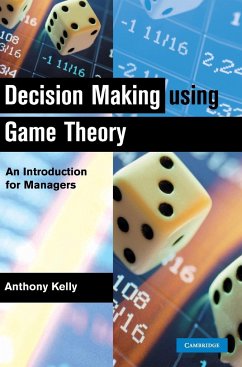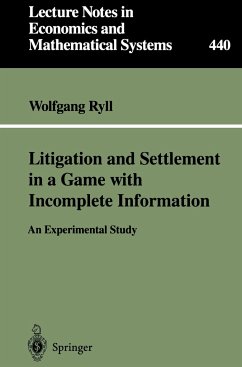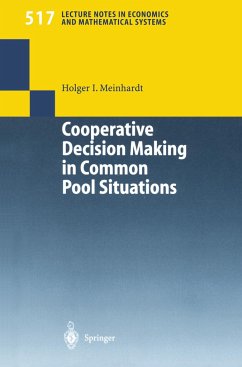
Games, Strategies, and Decision Making
Versandkostenfrei!
Versandfertig in 2-4 Wochen
115,99 €
inkl. MwSt.

PAYBACK Punkte
58 °P sammeln!
This innovative textbook makes the tools and applications of game theory and strategic reasoning both fascinating and easy to understand. Each chapter focuses a specific strategic situation as a way of introducing core concepts informally at first, then more fully, with a minimum of mathematics. At the heart of the book is a diverse collection of strategic scenarios, not only from business and politics, but from history, fiction, sports, and everyday life as well. With this approach, students don't just learn clever answers to puzzles, but instead acquire genuine insights into human behaviour....
This innovative textbook makes the tools and applications of game theory and strategic reasoning both fascinating and easy to understand. Each chapter focuses a specific strategic situation as a way of introducing core concepts informally at first, then more fully, with a minimum of mathematics. At the heart of the book is a diverse collection of strategic scenarios, not only from business and politics, but from history, fiction, sports, and everyday life as well. With this approach, students don't just learn clever answers to puzzles, but instead acquire genuine insights into human behaviour.
Written for major courses in economics, business, political science, and international relations, this textbook is accessible to students across the undergraduate spectrum.
Written for major courses in economics, business, political science, and international relations, this textbook is accessible to students across the undergraduate spectrum.












